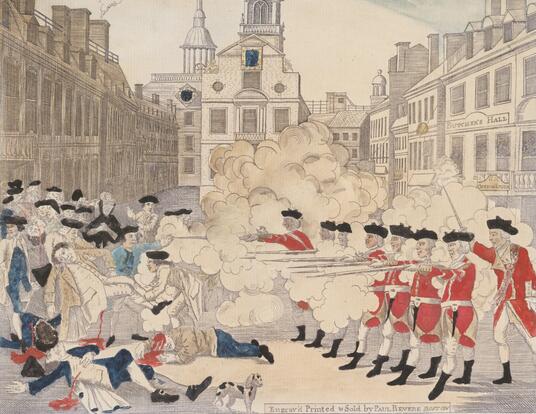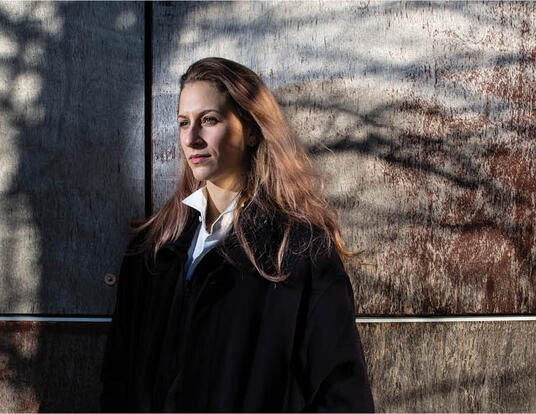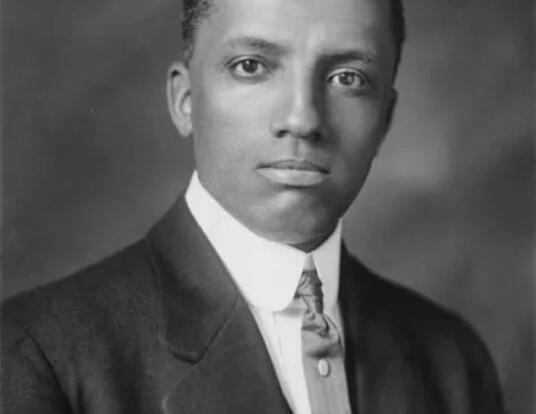Mary Beth Norton: 2025 Centennial Medal Citation
Mary Beth Norton revolutionized the study of the American Revolution—and the centuries that preceded and followed it—by establishing the field of colonial women’s history, vastly enriching our knowledge of the early years of our nation. At the same time, Norton revolutionized the academic world around her, as the first woman on the history faculty at Cornell University, where she taught for 47 years, and as a leader of some of the field’s most prominent and far-reaching organizations and endeavors.
During her time as an undergraduate at the University of Michigan, Norton was captivated by 19th-century American history, but she changed her focus in her first year of graduate study at Harvard, when she encountered Massachusetts reactions to the Stamp Act of 1765. The rest, as they say, is history: under the guidance of the legendary Bernard Bailyn, PhD ’53, a two-time Pulitzer Prize winner and a recipient himself of the Centennial Medal, Norton completed her dissertation in 1969 on Loyalists who opposed the American Revolution—and won the Society of American Historians prize for that year’s best dissertation in American history.
In 1971, Norton was appointed to the faculty at Cornell, where she is Mary Donlon Alger Professor of American History, emerita. She was the sole woman in her department for five years. In 1977, she was joined by Isabel Hull, John Stambaugh Professor of History, emerita. “Mary Beth was born to be the first woman historian at Cornell,” says Hull. “She was always a thorough-going professional, passionate about her scholarly interests, creative in her use of archives and records, infinitely curious—and endowed with excellent university-political judgment and unflagging courage to stand up for what was right.”
Norton brought this uncompromising integrity to several key leadership positions, including with the Berkshire Conference of Women Historians and the National Council on the Humanities, where she was appointed by President Jimmy Carter in 1978. Norton’s distinguished record of service to the American Historical Association, or AHA—the leading professional association for history in the United States, and the largest association of historians in the world—began in 1977, when she was a member of the AHA Nominating Committee. She went on to serve as vice president for research and, in 2018, as the Association’s president, representing more than 10,000 members of the profession. Norton undertook urgent, weighty work: spearheading the AHA’s official response to the first Trump administration’s “Muslim ban,” which had a significant impact on historians and graduate students, and leading the AHA in adopting new sexual harassment policies to make the Association’s annual meetings more inclusive, more welcoming, and safer for all.
In her scholarship, Norton has traced the broad sweep of the history of women before, during, and after the American Revolution with a series of influential books: Liberty’s Daughters, which launched the field of colonial women’s history in 1980; Founding Mothers and Fathers, a finalist for the 1997 Pulitzer Prize in History; and Separated by Their Sex, which connected the dots chronologically between these two earlier books—and across both sides of the Atlantic—in 2011. Norton also illuminated the lead-up to American independence with 1774: The Long Year of Revolution, named a Wall Street Journal best book of the year in 2000, and she shed new light on the Salem witch trials with In the Devil’s Snare, winner of the Ambassador Book Award in American Studies, in 2002.
Along the way, Norton became lead author of A People and A Nation: A History of the United States, a college-level textbook read by millions of students, which Norton led through 10 editions from 1982 to 2014. One of Norton’s co-authors was Fredrik Logevall, Laurence D. Belfer Professor of International Affairs at Harvard Kennedy School and professor of history in the Faculty of Arts and Sciences. “Norton is a towering figure who blazed the trail in women’s colonial and early national period history—but she also blazed a trail with this textbook,” Logevall says. “A People and A Nation was the first U.S. history textbook that had social history—the history of how ordinary people lived their lives—as its emphasis. It didn’t neglect political history, top-down history, but it really gave primacy to history from below, which was uncommon at the time. Since then—and this is a measure of the impact of the book—every textbook worth its salt has had a strong social history emphasis. There are lots of good textbooks out there, butin my considered view, A People and A Nation is pound-for-pound the strongest, most comprehensive one we have. Mary Beth deserves great credit for that.”
Laurel Thatcher Ulrich, 300th Anniversary University Professor, emerita, praises Norton’s “relentless energy and enthusiasm.” “Mary Beth Norton has produced reams of scholarship in almost every form in her field, from handbooks for research to textbooks for students to scholarly books that have captivated general readers,” says Ulrich. “She is a longstanding leader both in early American history and in history more broadly: a true pioneer in the history of women.”
Mary Beth Norton, for your groundbreaking scholarship, which opened the field of colonial women’s history; for your profound impact on learners through your writing and your teaching; and for your distinguished leadership at the highest levels of your profession, we are proud to award you the 2025 Centennial Medal.
Photos by Tony Rinaldo
Get the Latest Updates
Join Our Newsletter
Subscribe to Colloquy Podcast
Simplecast





